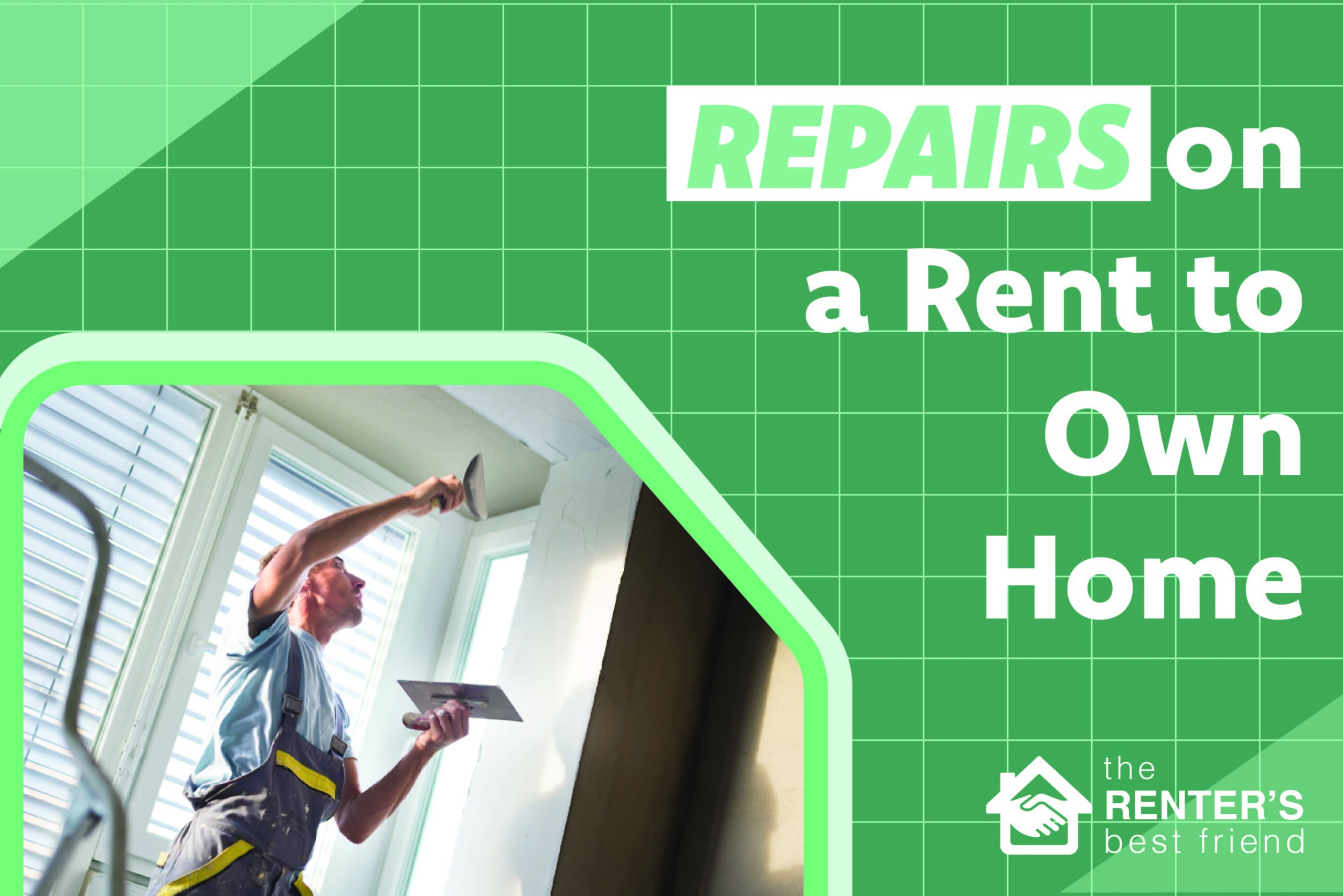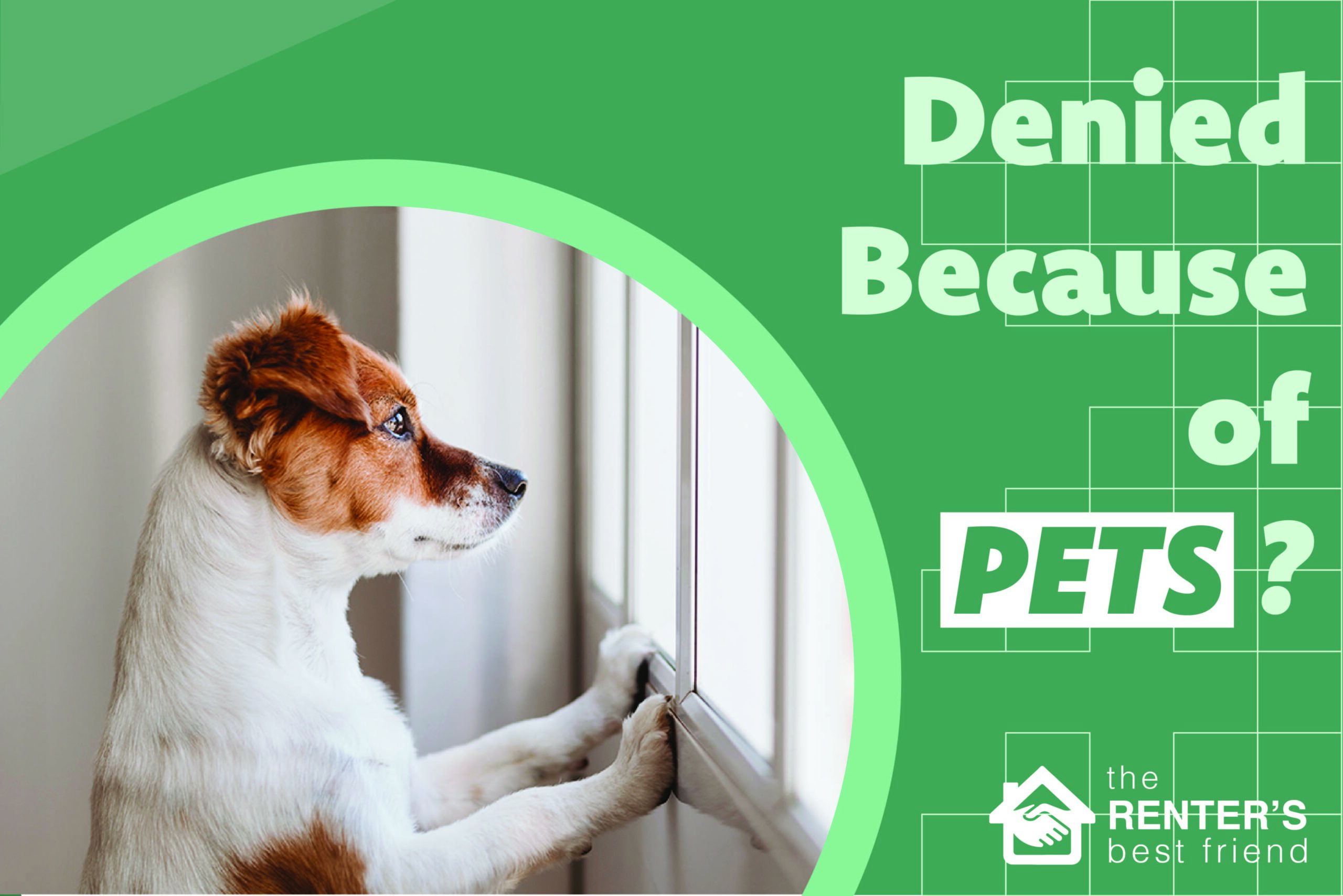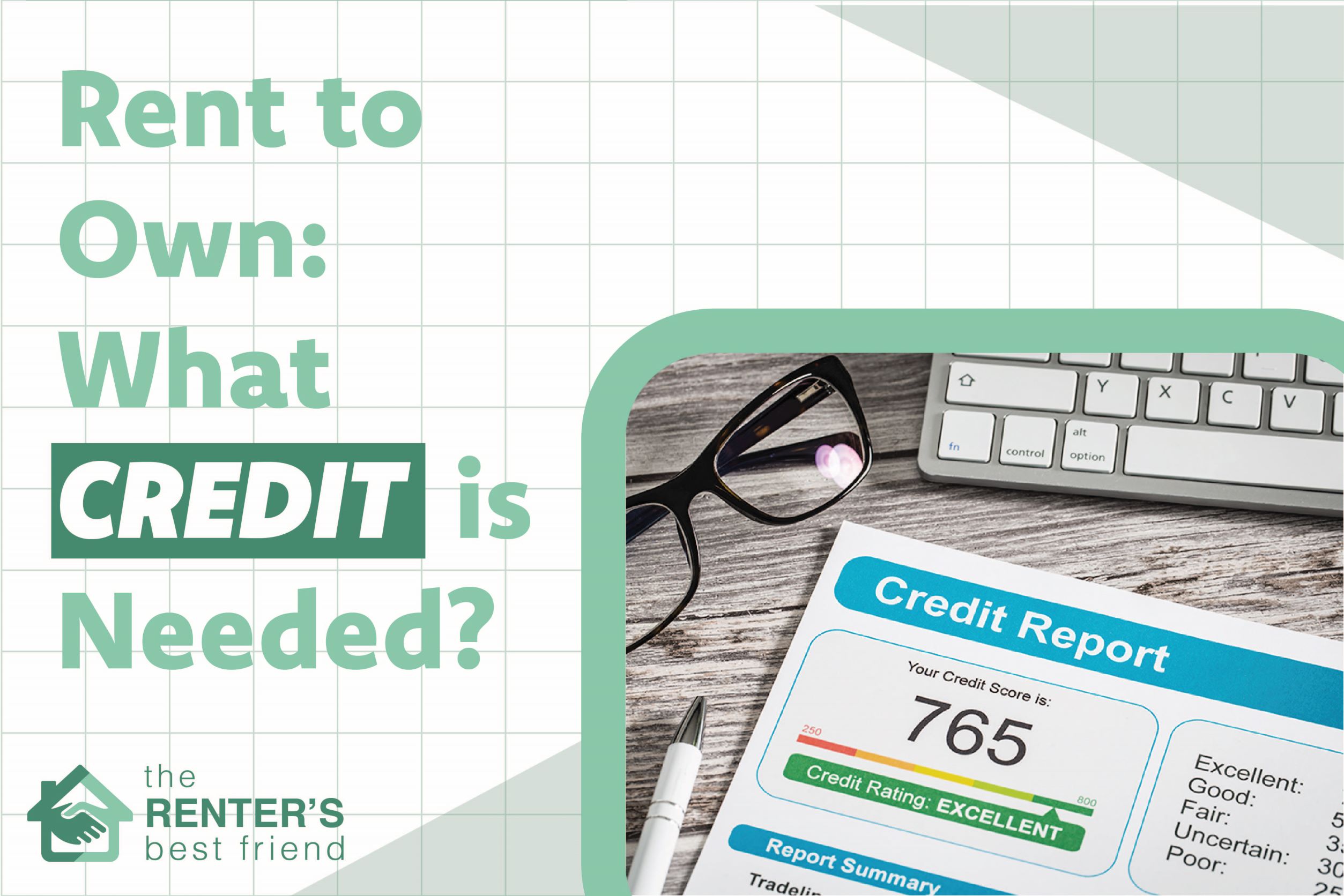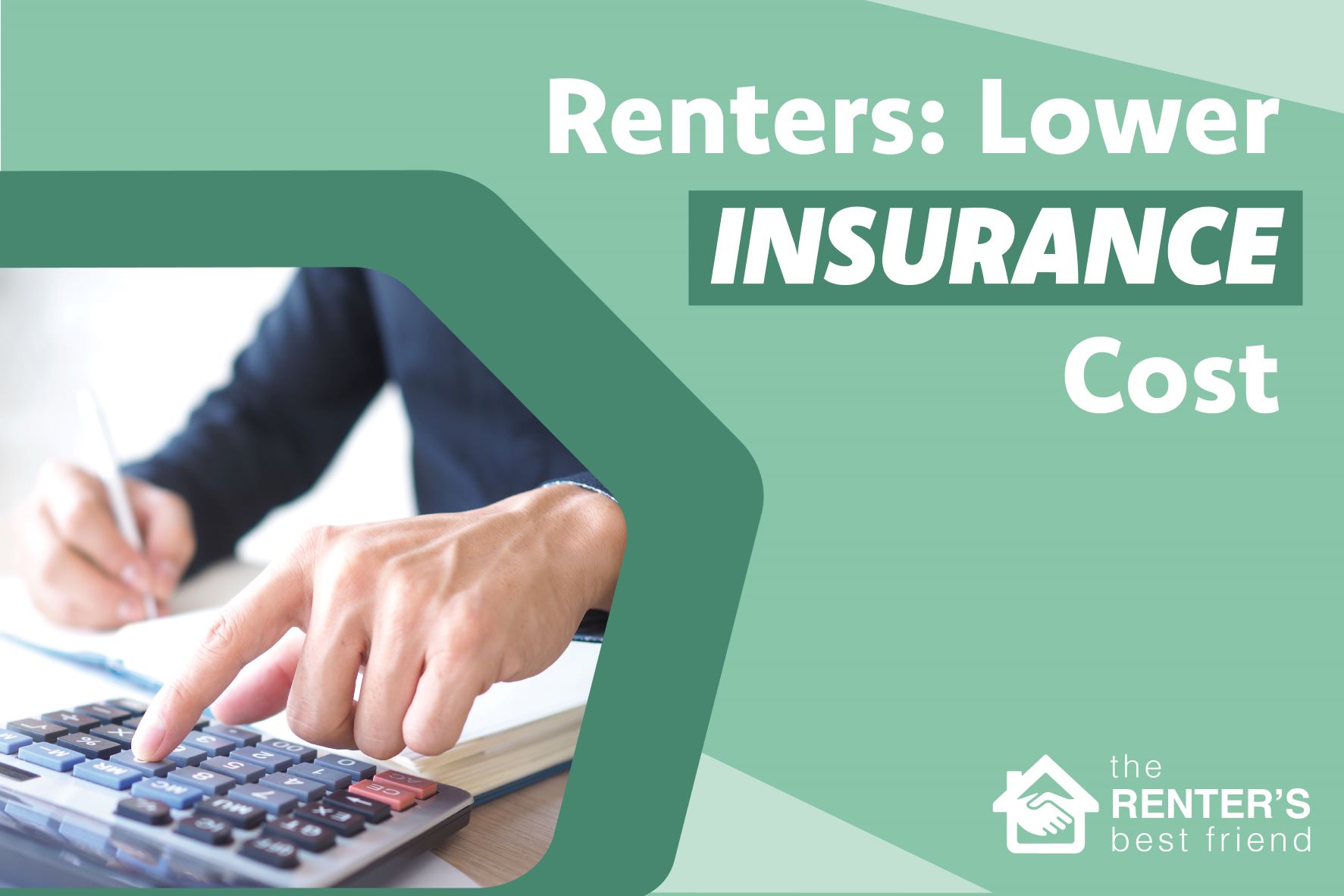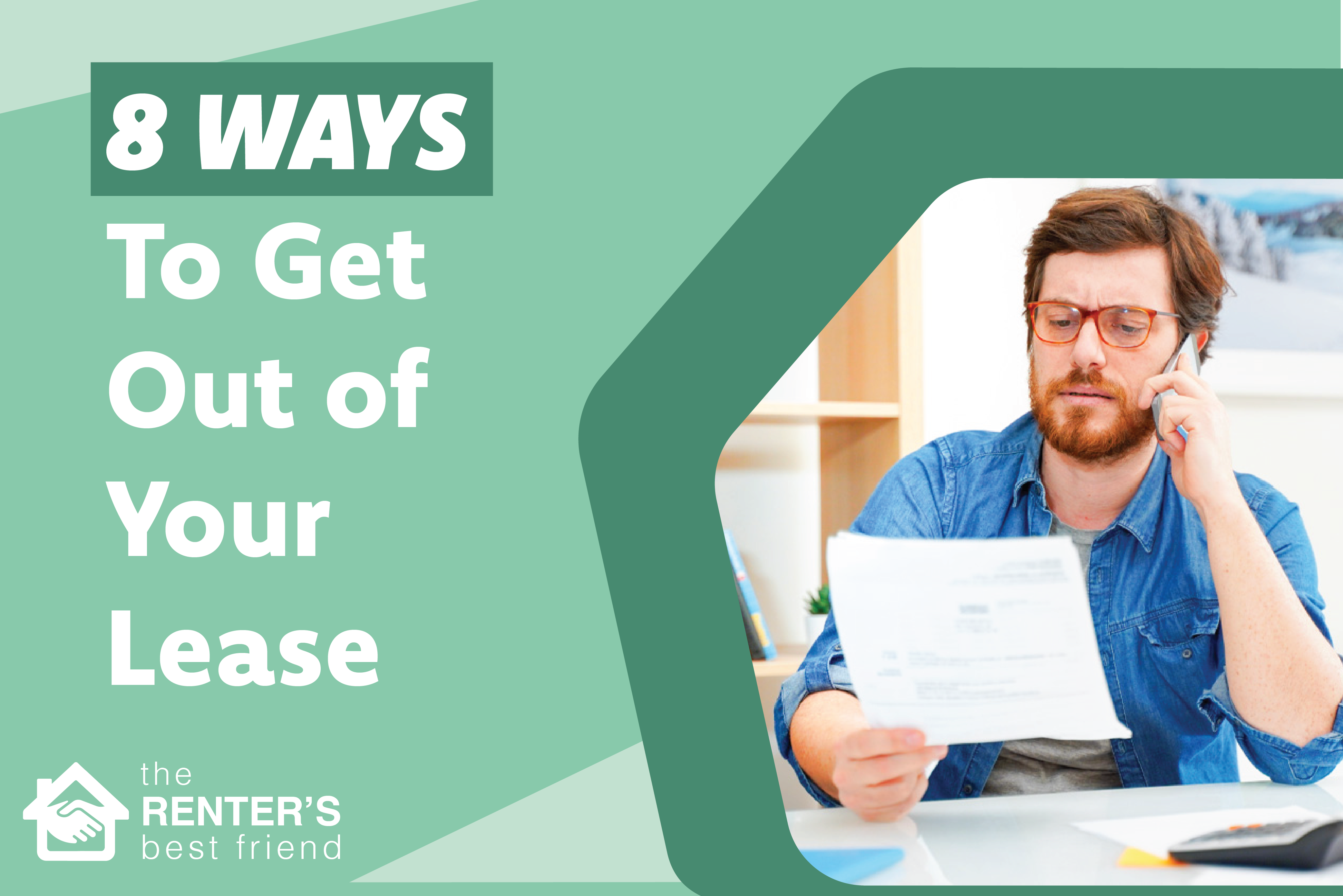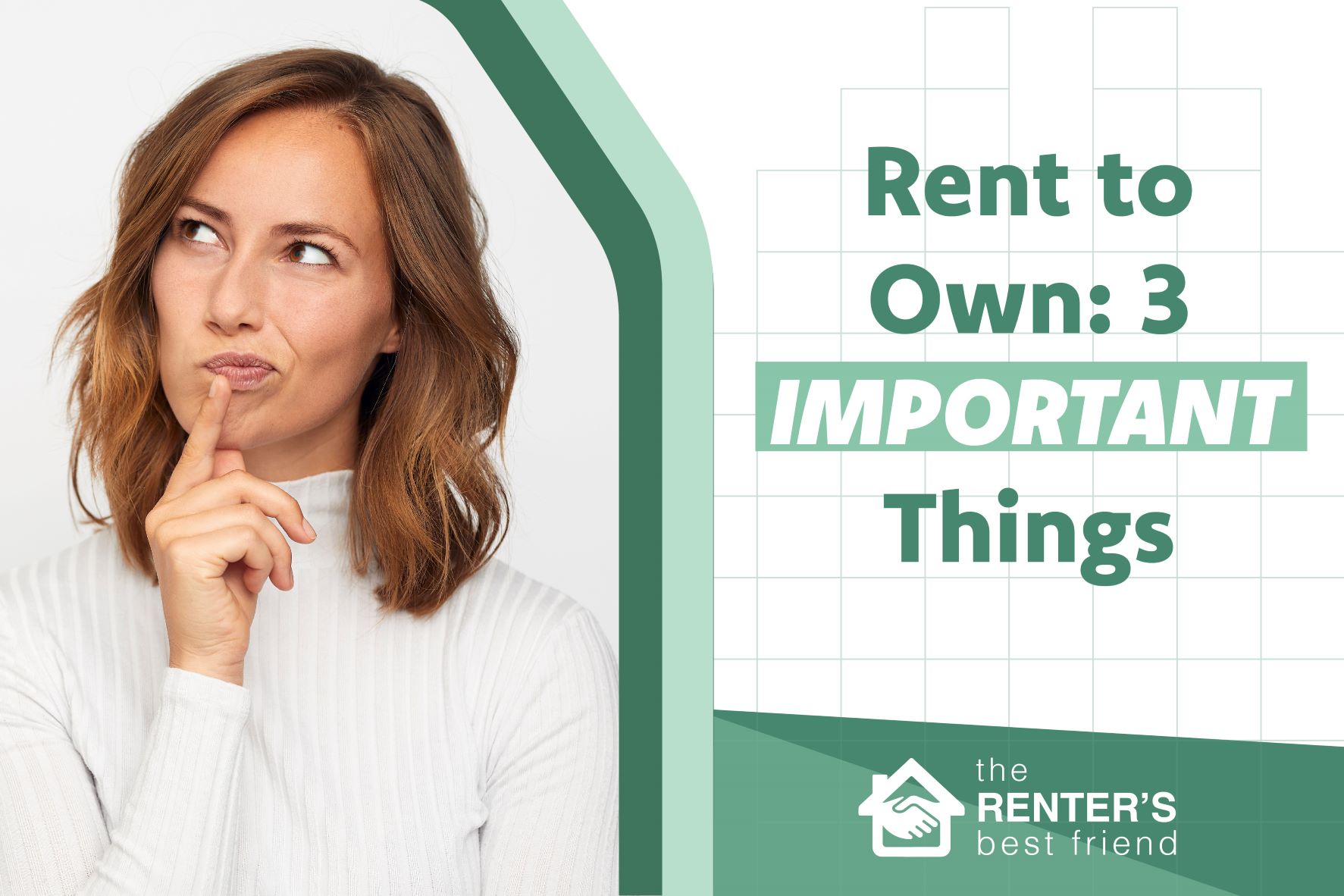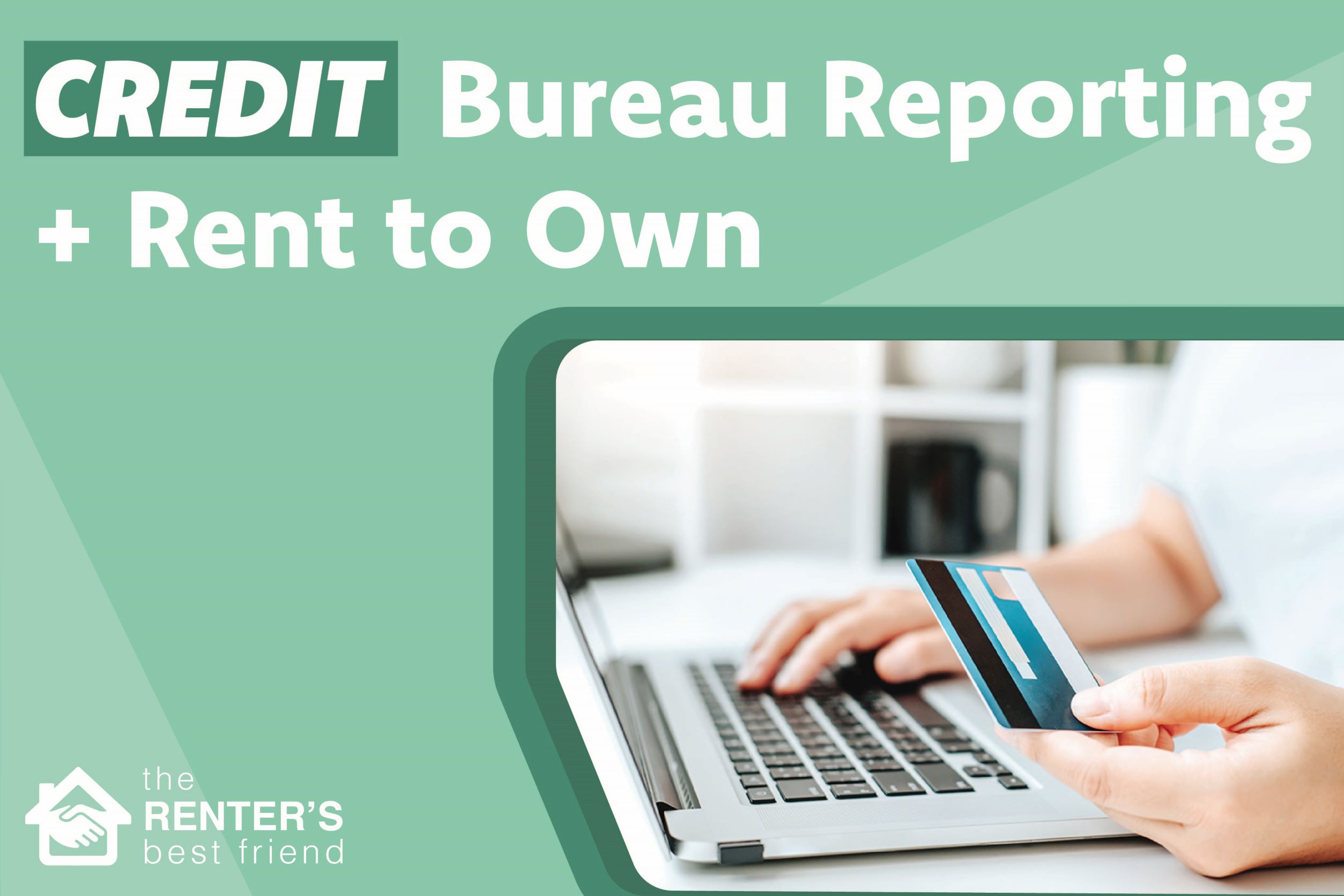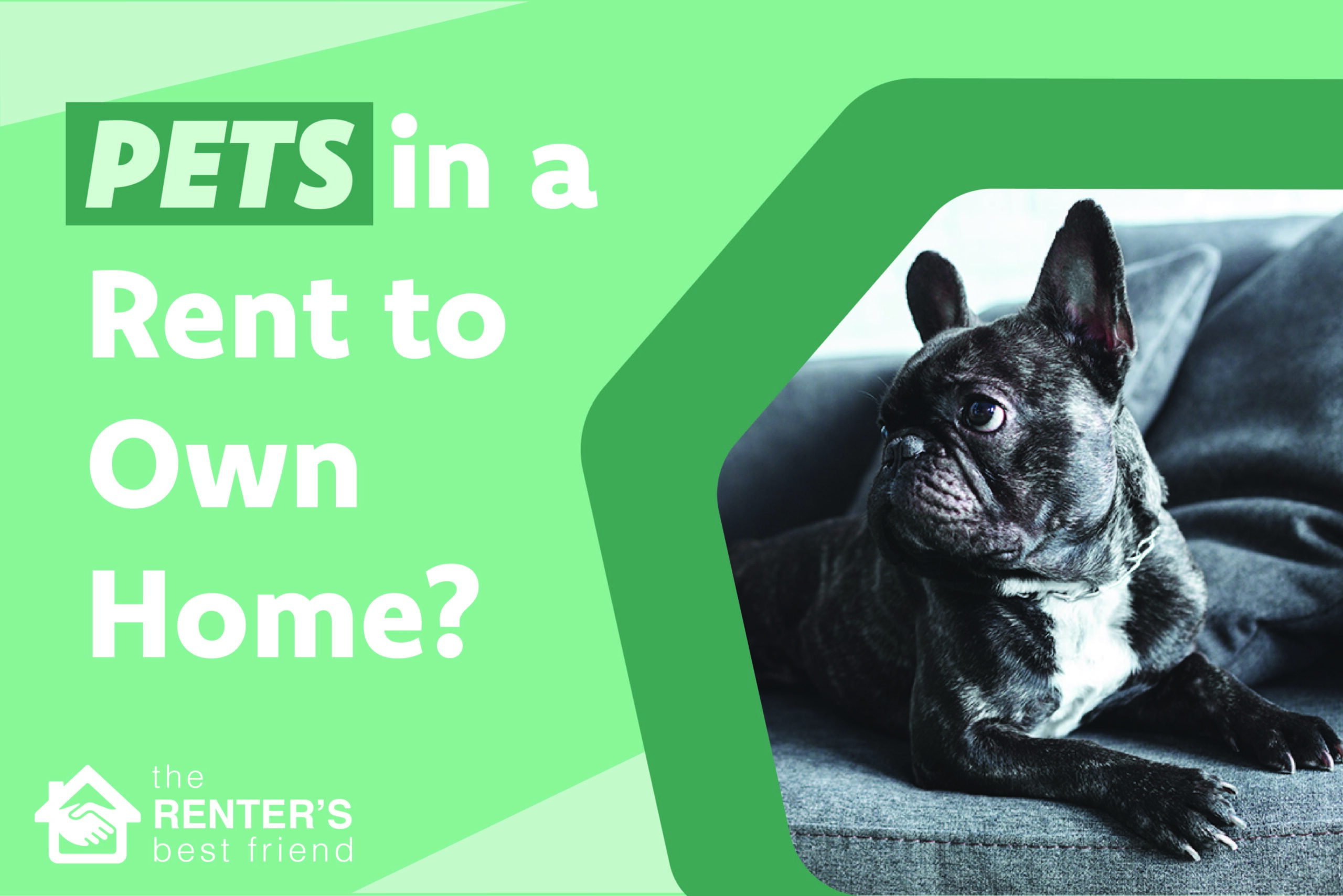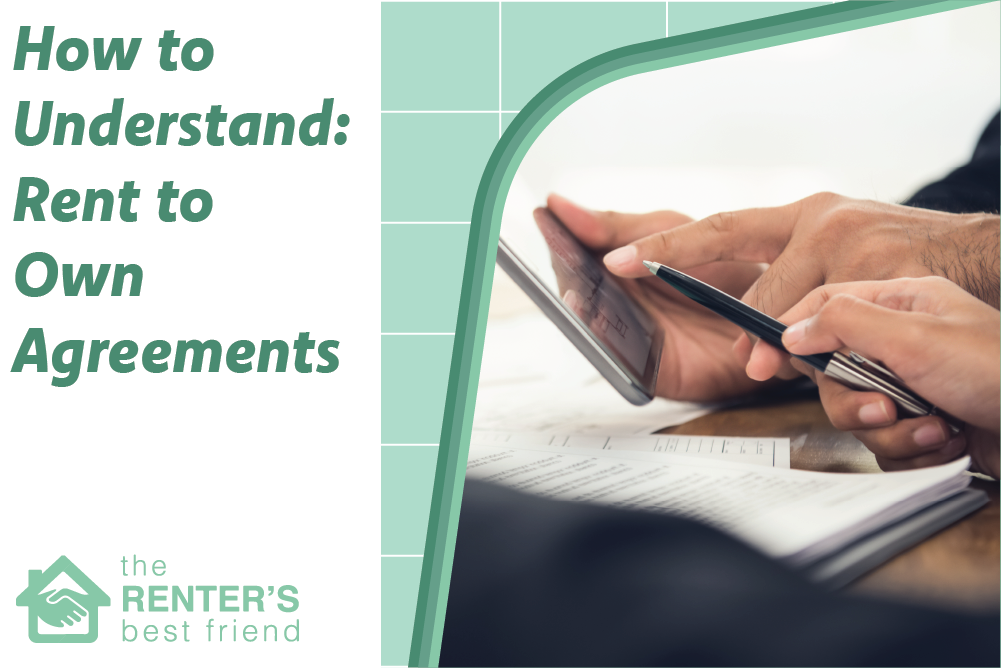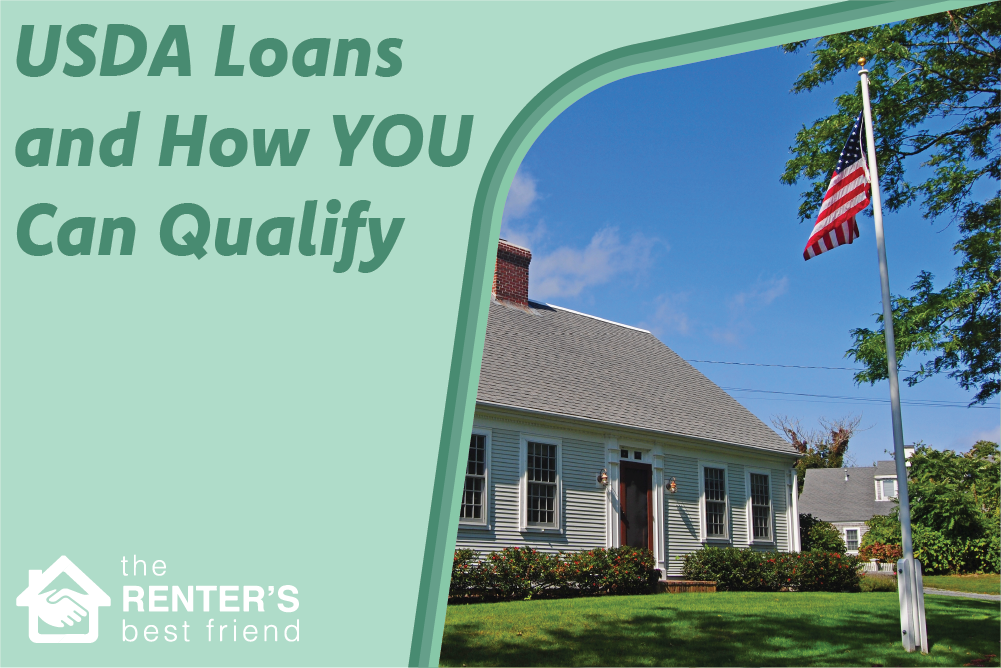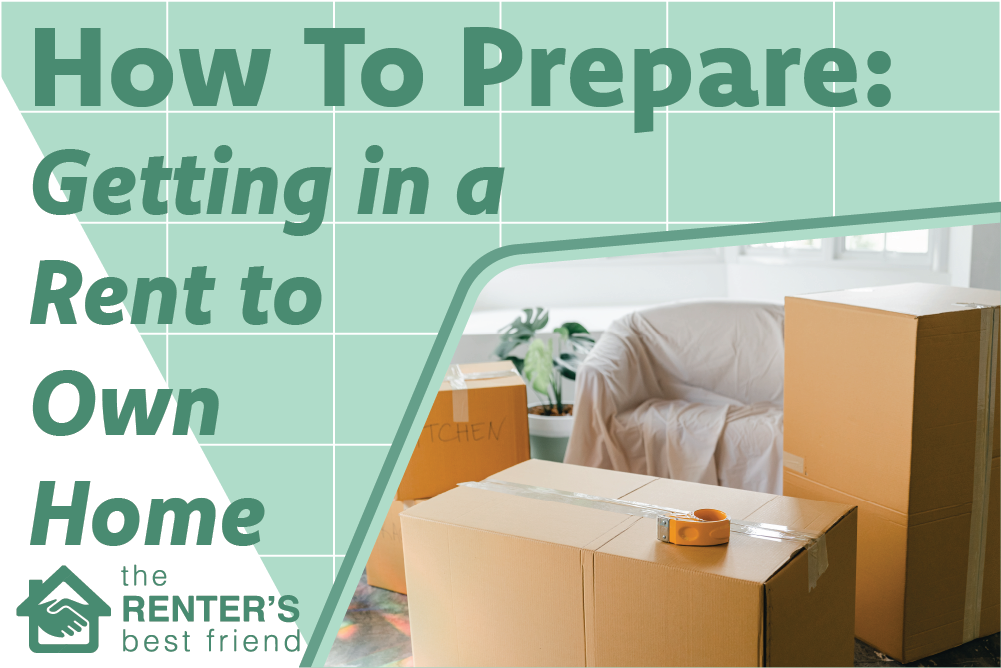Almost anyone who owns a pet would consider it an important member of the family. For pet lovers, the thought of living without their beloved pooch or kitty can feel unbearable.
One thing before we move on: If you want to virtually guarantee that you can bring your pet to your rent to own home, you can get them certified as an emotional support animal. Click Here to get your official approval letter (checking if you qualify is 100% free).
However, moving as a habitual renter can be extra difficult as you try to find a property that allows pets, especially large dogs who are often put on a banned breed list.
Many sellers and landlords do not want to deal with the liability of potential attacks, property damage, or allergies later down the line so they opt to not allow pets at all, even small caged animals.
If you love your furry friend and have always dreamed of owning a home, a rent-to-own home could be the perfect solution for you.
By renting a home with an option to purchase later, you get all the benefits of living in a house without having to worry about making payments for 30 years.
Plus, you’ll have the chance to see how much you enjoy living in that specific neighborhood before making any kind of long-term commitment and have the benefits of having a furry friend by your side and securing a stable financial future for both of you.
Are Pets Typically Allowed in a Rent to Own Home?
Are pets allowed in a rent-to-own home? That is one question you have to ask yourself before you even begin looking. Like most rental agreements, it depends on the seller and the area.
There are many places that make it seem like they allow pets but there are a lot of restrictions you must understand and follow, like the amount you can have, a weight limit, or breed restrictions.
There are a few factors that can affect whether or not your landlord will allow pets in your house. First, consider whether or not pets are allowed on the property at all.
Many owners have strict rules about keeping animals out of their homes, and they may have special clauses written into their lease agreements to ensure that they don’t have to deal with any damage caused by pets (or even smells from pet waste).
If this is the case, it might not be worth pursuing that property because it would cause problems with your landlord.
Some landlords may only allow certain breeds or sizes of dogs, so it’s important to make sure that they will accept your pet before signing on the dotted line and avoid termination of the lease agreement when they come to inspect the property!
Another thing to consider is whether or not there’s an additional fee for having a pet in your rental agreement.
You may find that some landlords charge extra money per month or per year for each animal living inside their property.
This could also be a negotiation you can make if the seller is more reluctant to let the pet reside in the residence; offer a deposit or additional fee in the rent to offset any cost that could come with having your pet.
They’ll probably also want to see proof of vaccination records as well as references from previous landlords who have allowed pets in their properties before.
(Also: if you haven’t checked to see if you qualify for a rent to own home, don’t miss out. Click Here and find rent to own listings in your area.)
Where Do Emotional Support Animals Fit In?
You could also consider getting your pet certified as an Emotional Support Animal if such criteria apply to you.
Depending on the local and state laws, you may still be denied residence if you register your pet as an ESA, but in many areas, such denial is illegal.
Through Rent to Own Home Finder, we are connected with Certified Petz which offers two packages that connect you with a Licensed Mental Health Professional (LMHP) and will provide you with a prescription letter certifying that your animal qualifies as an ESA.
The bottom line is that it really depends on the terms of your lease.
There are no guarantees that you will be allowed to have a pet, but if you really want to find a home that lets you have one, be sure to read over your lease and discuss the issue with your landlord beforehand.
Do your research, talk with the seller and make sure you understand your rights and responsibilities.
Your rent-to-own home purchase may be a little bit more expensive, but the payoff for you and your pet will be worth all of the hassle in the long run.


